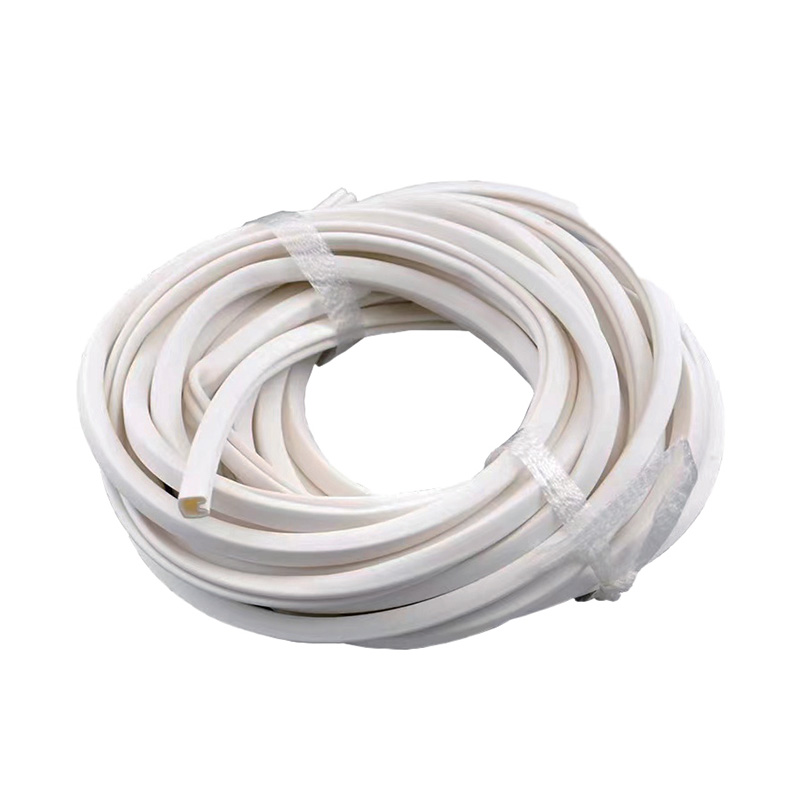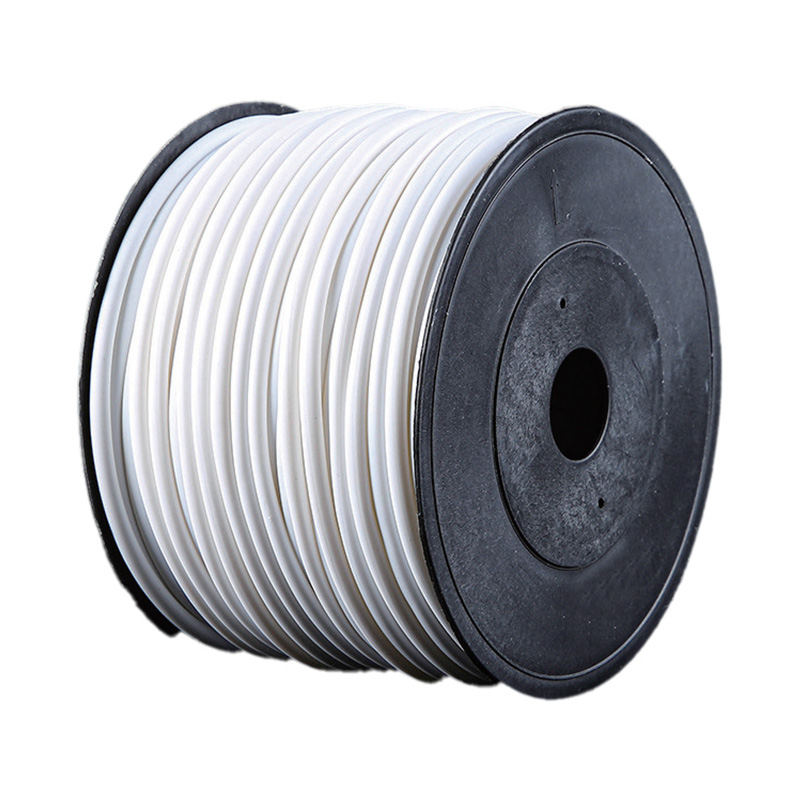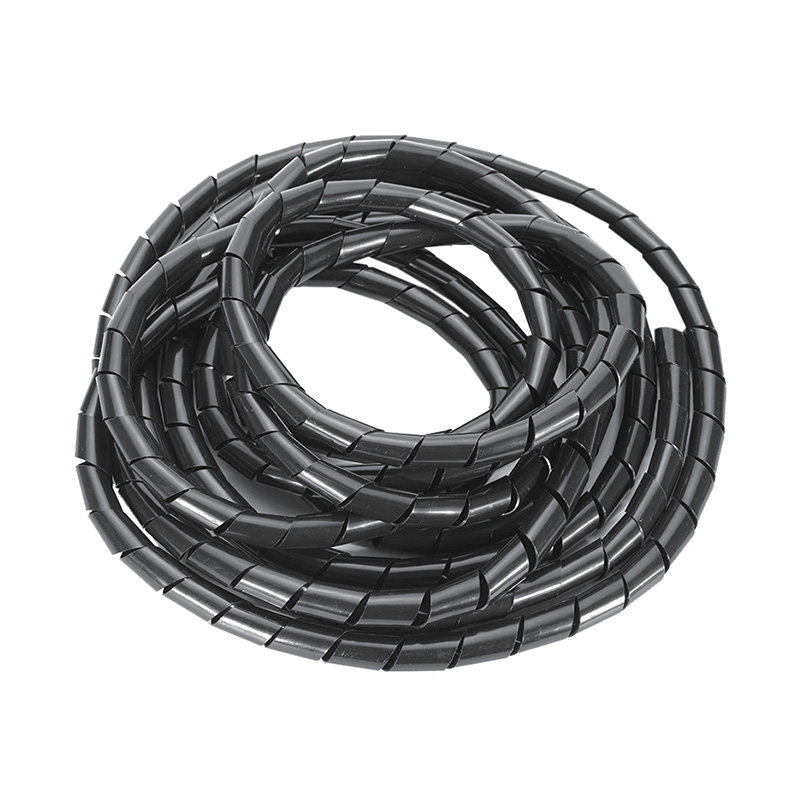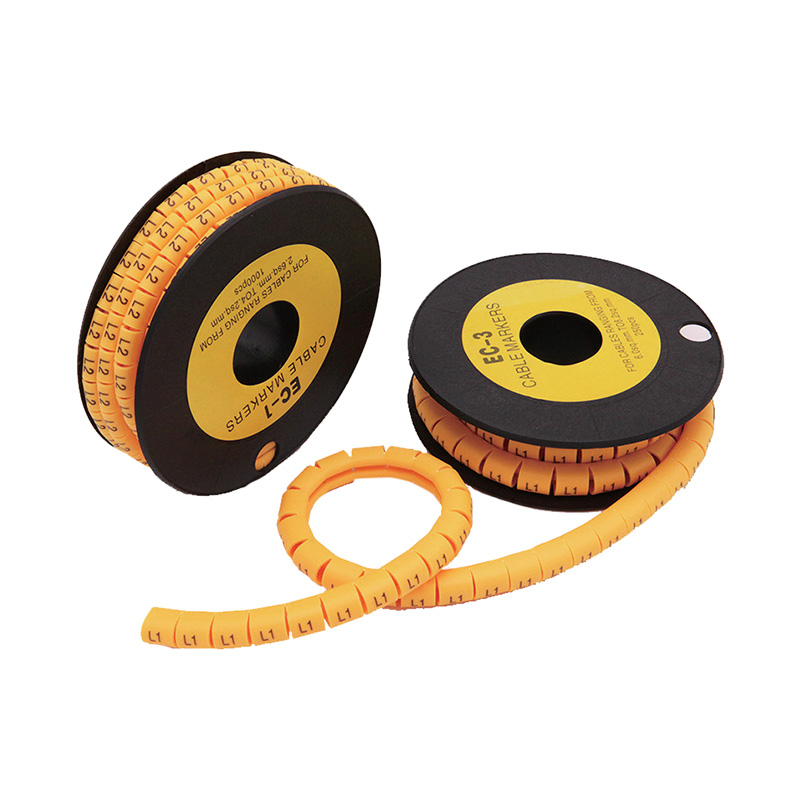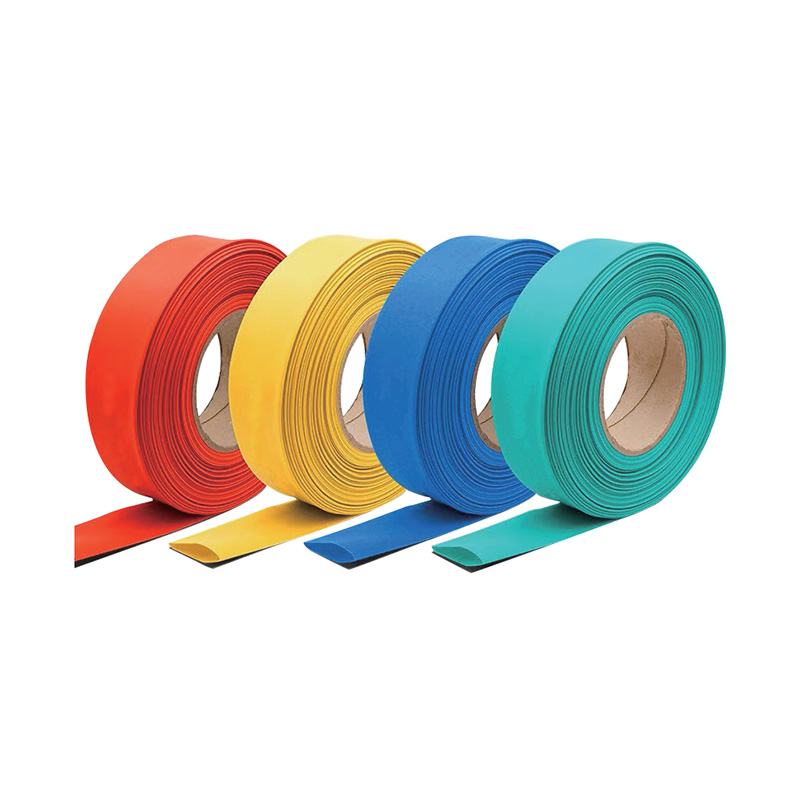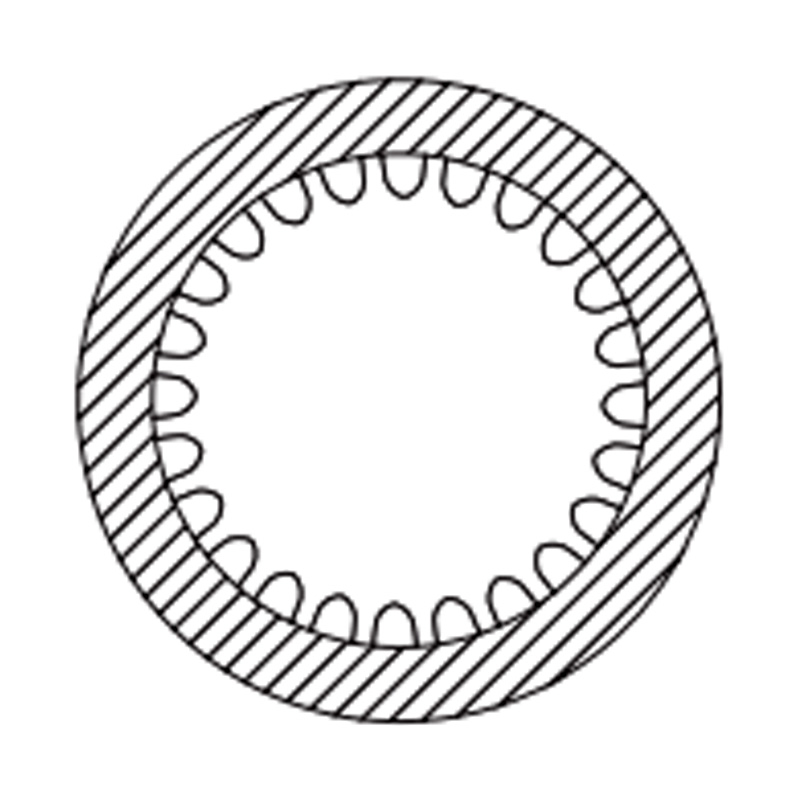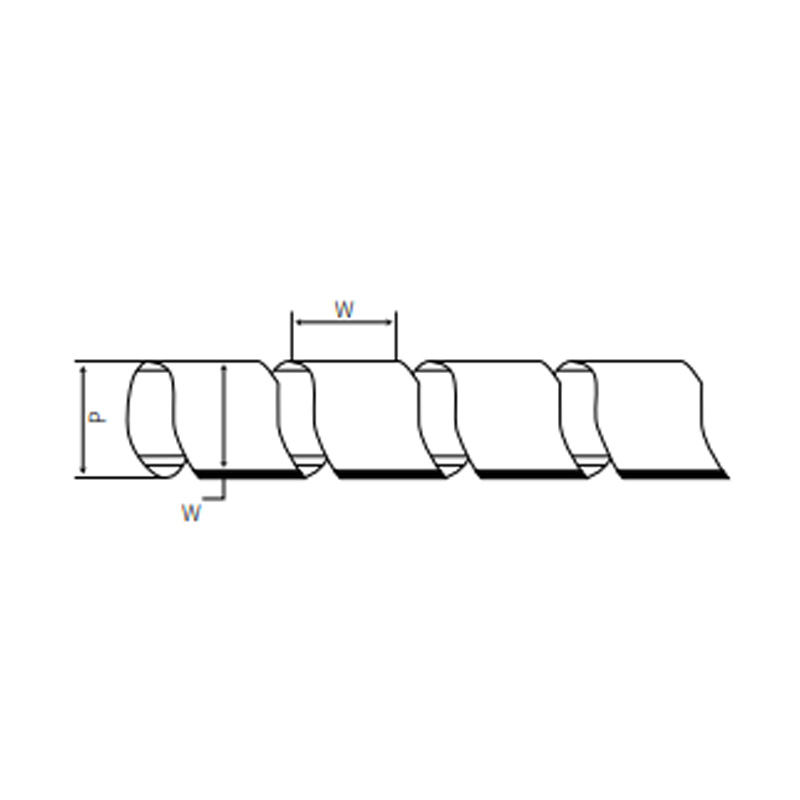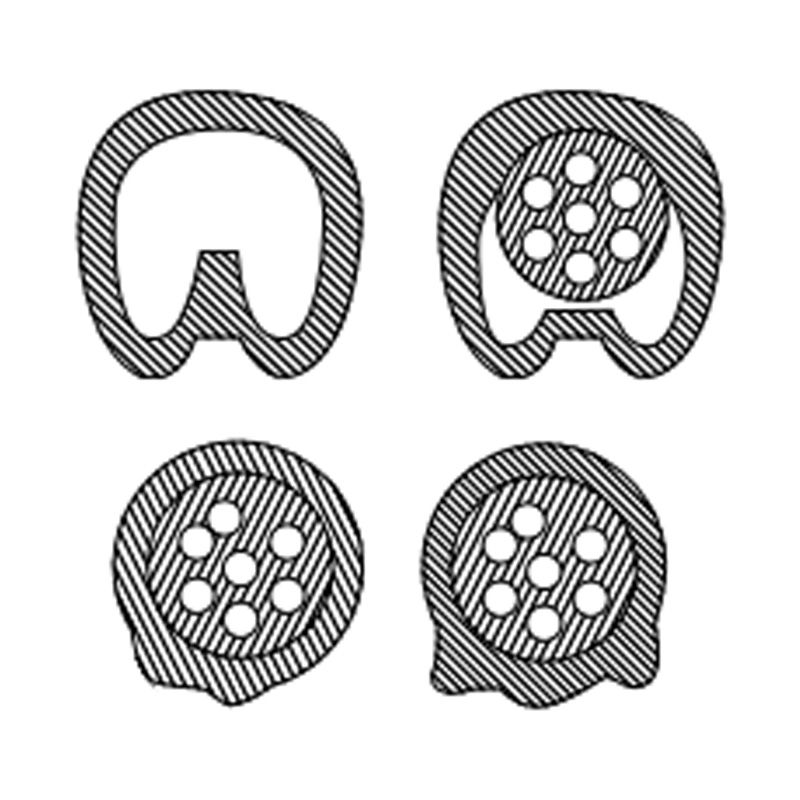When working with outdoor electrical systems, deploying a Waterproof Cable Connector is essential to protect your installation from water, moisture, dust, and environmental wear. E...
READ MORE-
-
In a wide variety of electrical and industrial installations, ensuring waterproof performance around cable entries is critical. Whether you are sourcing components from a Cable Gla...
READ MORE -
Ordering a custom Waterproof Junction Box or Waterproof Distribution Box ensures that your electrical system is safe, efficient, and reliable, even under unique conditions. By spec...
READ MORE -
Outdoor electrical projects require robust protection to ensure safety and long-term reliability. Using Waterproof Distribution Box and Waterproof Junction Box enclosures safeguard...
READ MORE
Industry Knowledge Extension
What Are Shaped Tubes? What Are Their Characteristics?
Shaped tubes are specialized forms of tubing used in electrical, mechanical, and industrial applications to protect, insulate, or guide cables, wires, and other components. Unlike standard cylindrical tubes, shaped tubes are designed with unique cross-sections, bends, or flattened profiles to fit specific installation requirements. Their versatility makes them an essential component in modern wiring and protective systems.
1. Type 1: Rectangular or Flattened Shaped Tubes
Features:
- Rectangular cross-section allows close fitting in tight spaces.
- Can be used for flat cable arrangements or bundles where round tubing is inefficient.
- Provides stable support while space usage.
- Applications: Often used in automotive wiring, industrial machinery, and control panels where space is limited.
2. Type 2: Pre-Bent or Custom-Molded Shaped Tubes
Features:
- Manufactured with bends or curves to match specific cable routing requirements.
- Made from flexible or semi-rigid materials to maintain shape while accommodating movement.
- Reduces installation time by eliminating the need for manual bending or shaping on-site.
- Applications: Ideal for complex cable runs in aerospace, transportation, or electronic equipment enclosures.
3. Type 3: Multi-Lumen Shaped Tubes
Features:
- Contain multiple separate channels (lumens) for organizing multiple cables within a single tube.
- Keeps cables isolated to prevent interference, friction, or abrasion.
- Available in various cross-sectional profiles to match space and protection requirements.
- Applications: Frequently used in telecommunications, industrial automation, and medical devices.
Shaped tubes offer tailored solutions for environments where conventional round tubes cannot fit efficiently or provide the necessary protection. Their main characteristics include customizability, space efficiency, and adaptability for multiple cable arrangements, making them essential for modern electrical and industrial installations.
What Are the Advantages and Limitations of the Soft Heat Shrinkable Tube?
Soft heat shrinkable tubes are widely used in electrical insulation, cable protection, and mechanical stress relief. They are made from thermoplastic materials that shrink when heat is applied, forming a tight seal around wires, cables, or components.
Advantages
Electrical Insulation: Soft heat shrinkable tubes provide insulation for wires, reducing the risk of short circuits and electrical leakage.
Environmental Protection: These tubes protect against moisture, dust, and chemical exposure, extending the lifespan of cables and connectors.
Flexibility and Ease of Use: Their soft material allows easy installation over irregular shapes, bends, or connectors without damaging the underlying components.
Mechanical Stress Relief: By tightly encasing wires and joints, they reduce strain on connections, preventing loosening or wear from vibration or movement.
Versatility: Available in various diameters, colors, and wall thicknesses to accommodate different applications, from household electronics to industrial machinery.
Limitations
Limited Temperature Range: Soft heat shrinkable tubes may not perform well in high-temperature environments, as excessive heat can cause deformation or degradation.
Mechanical Strength: While flexible, they are less resistant to sharp impacts, cuts, or abrasion compared to rigid heat shrink tubes.
Shrinkage Control: Overheating can result in uneven shrinkage or damage to sensitive components inside the tube.
Chemical Resistance: Certain harsh chemicals or solvents can compromise the integrity of soft tubes, limiting their use in highly aggressive industrial environments.
Durability in Harsh Environments: Prolonged exposure to UV, ozone, or humidity may reduce their lifespan compared to specialized rigid or reinforced tubing.
Soft heat shrinkable tubes are highly effective for insulation, protection, and flexibility, but users must consider environmental and mechanical limitations when choosing them for demanding applications. Selecting the right type of heat shrinkable tube ensures both safety and long-term reliability in electrical and industrial systems.


 English
English 中文简体
中文简体 Español
Español عربى
عربى

